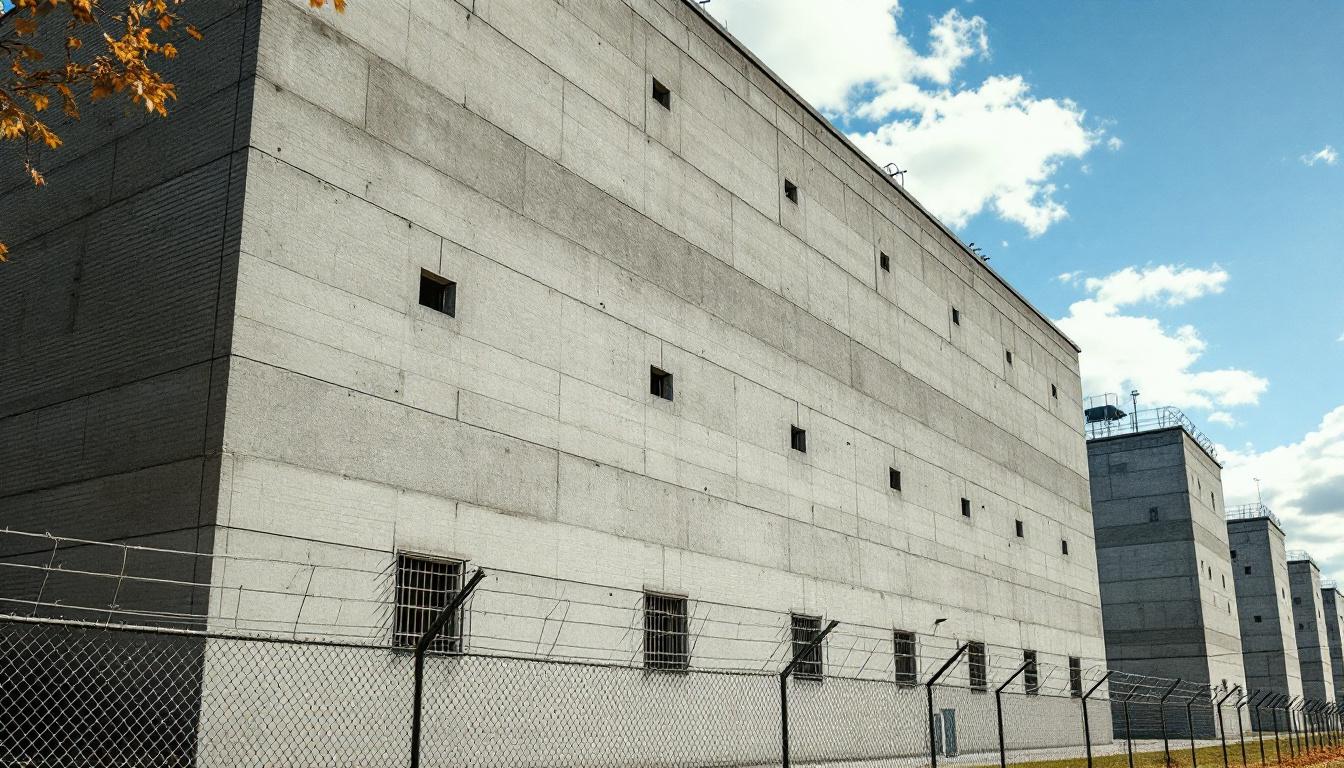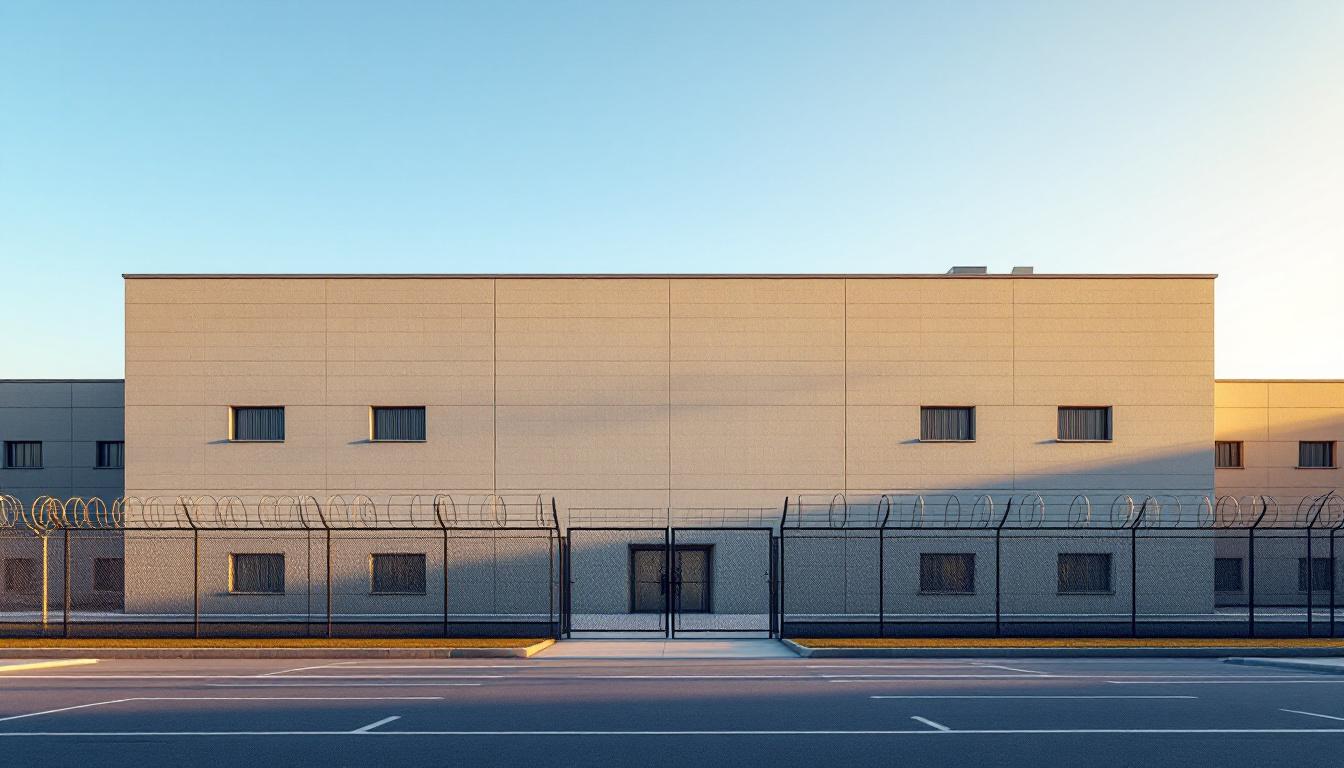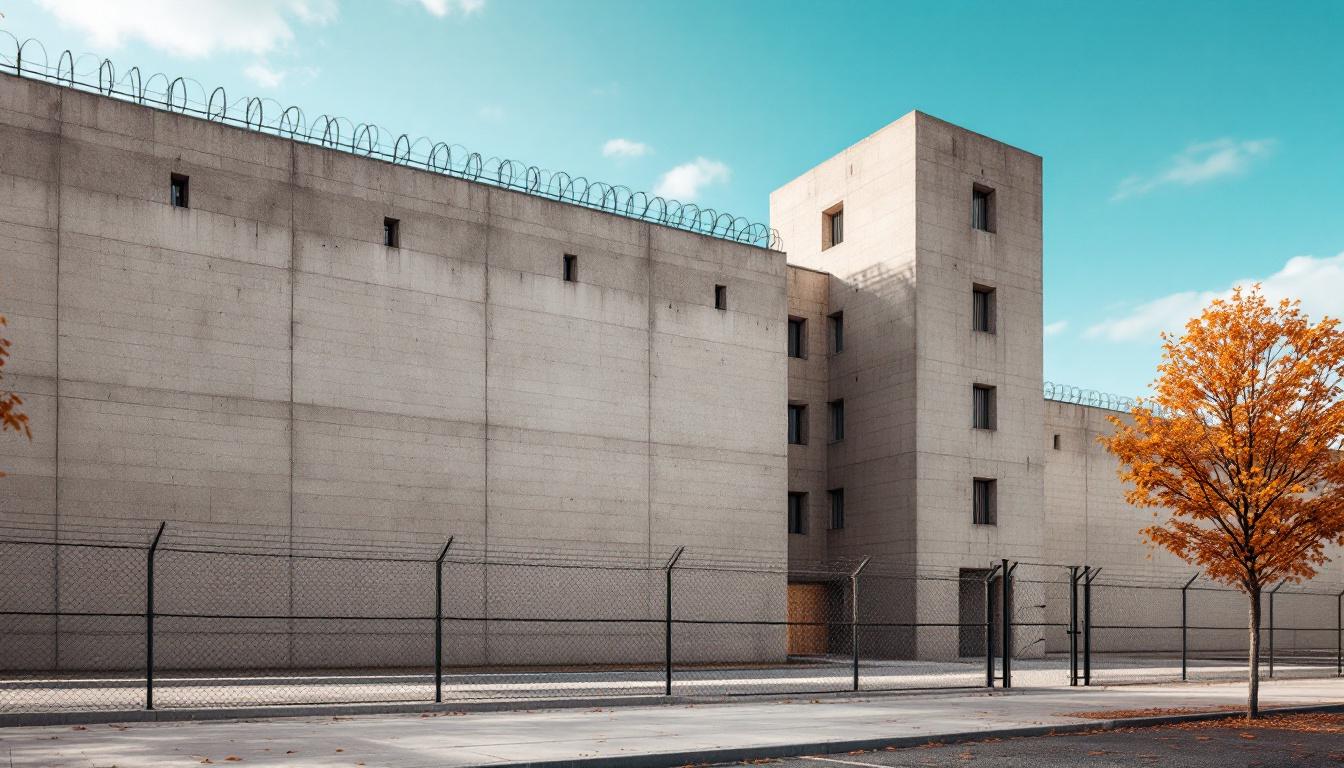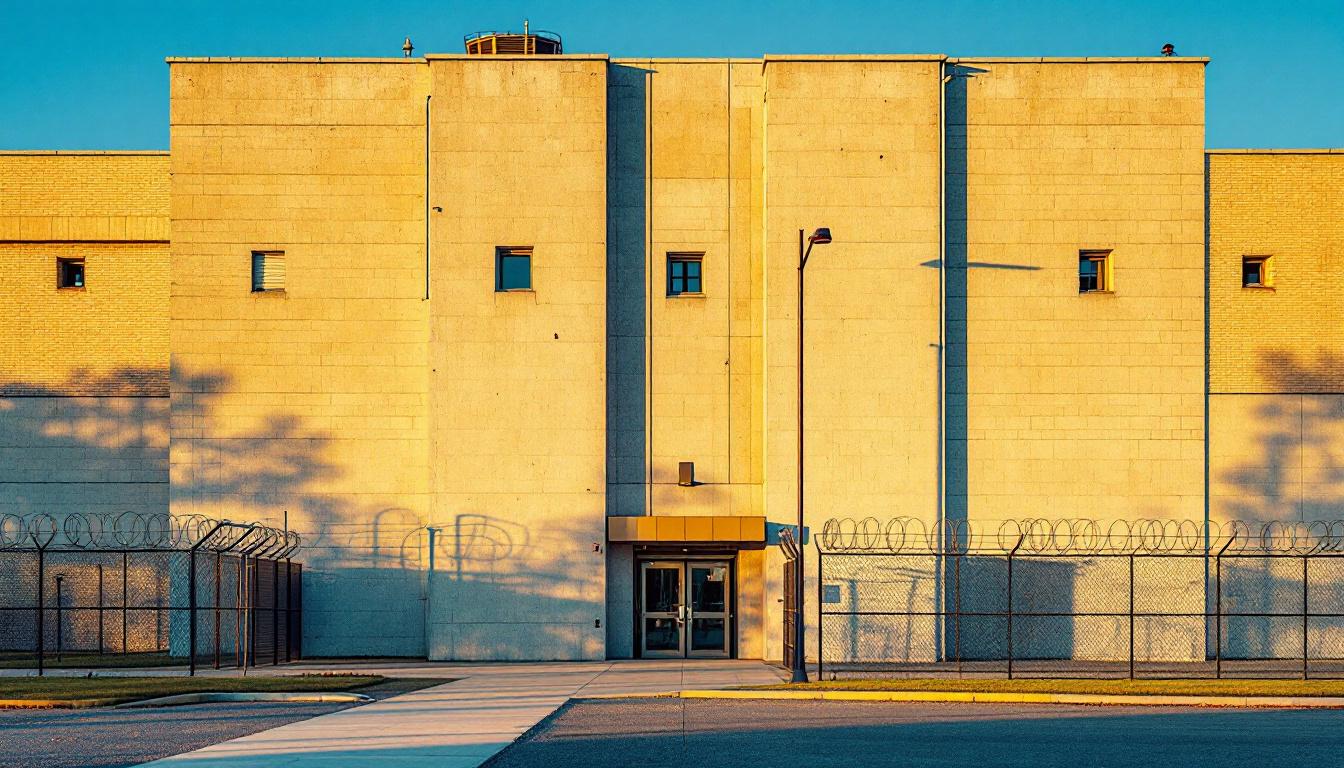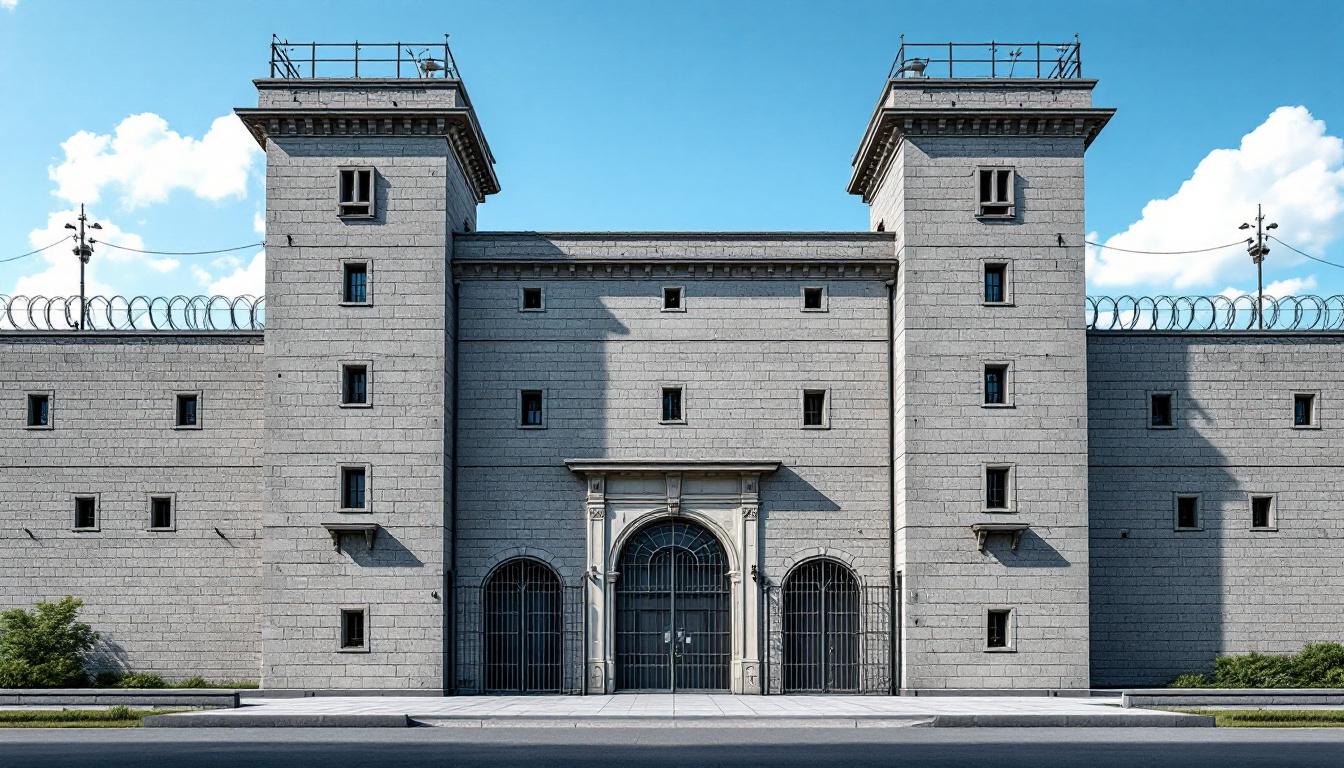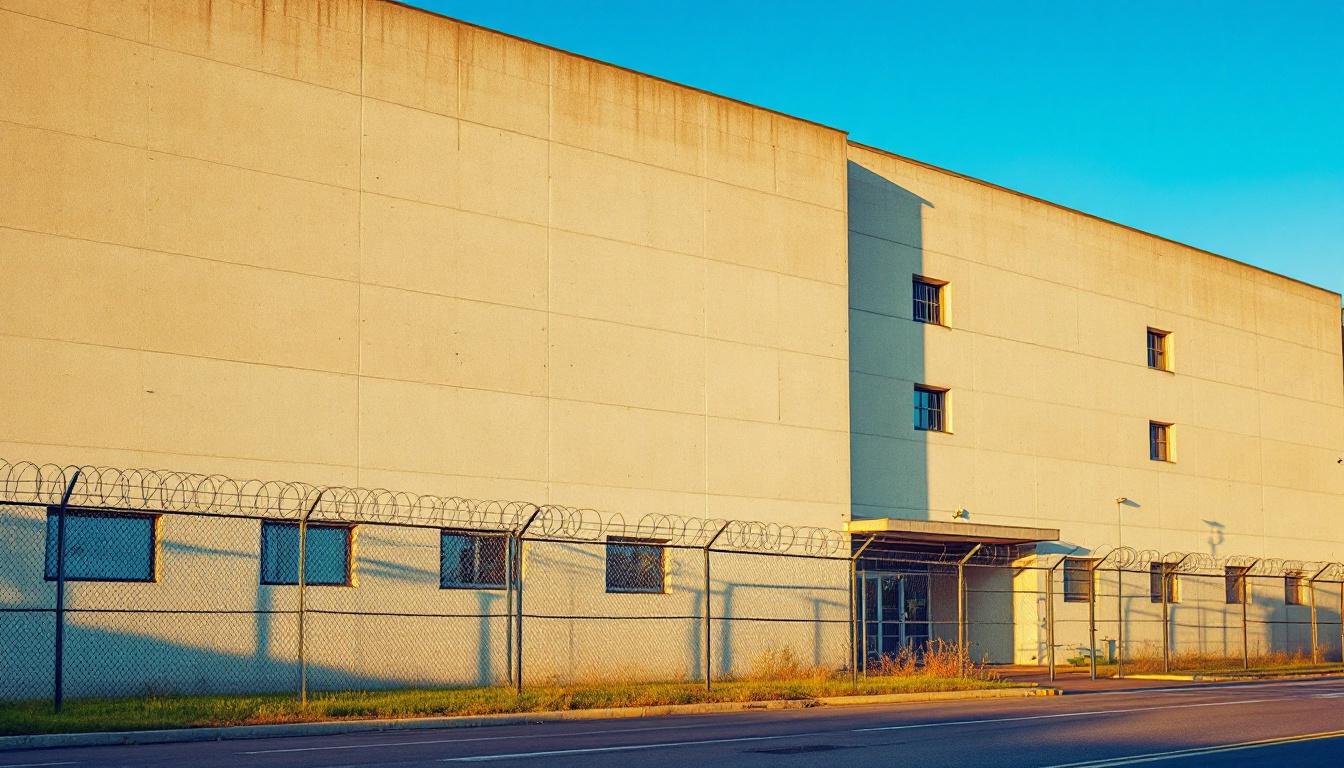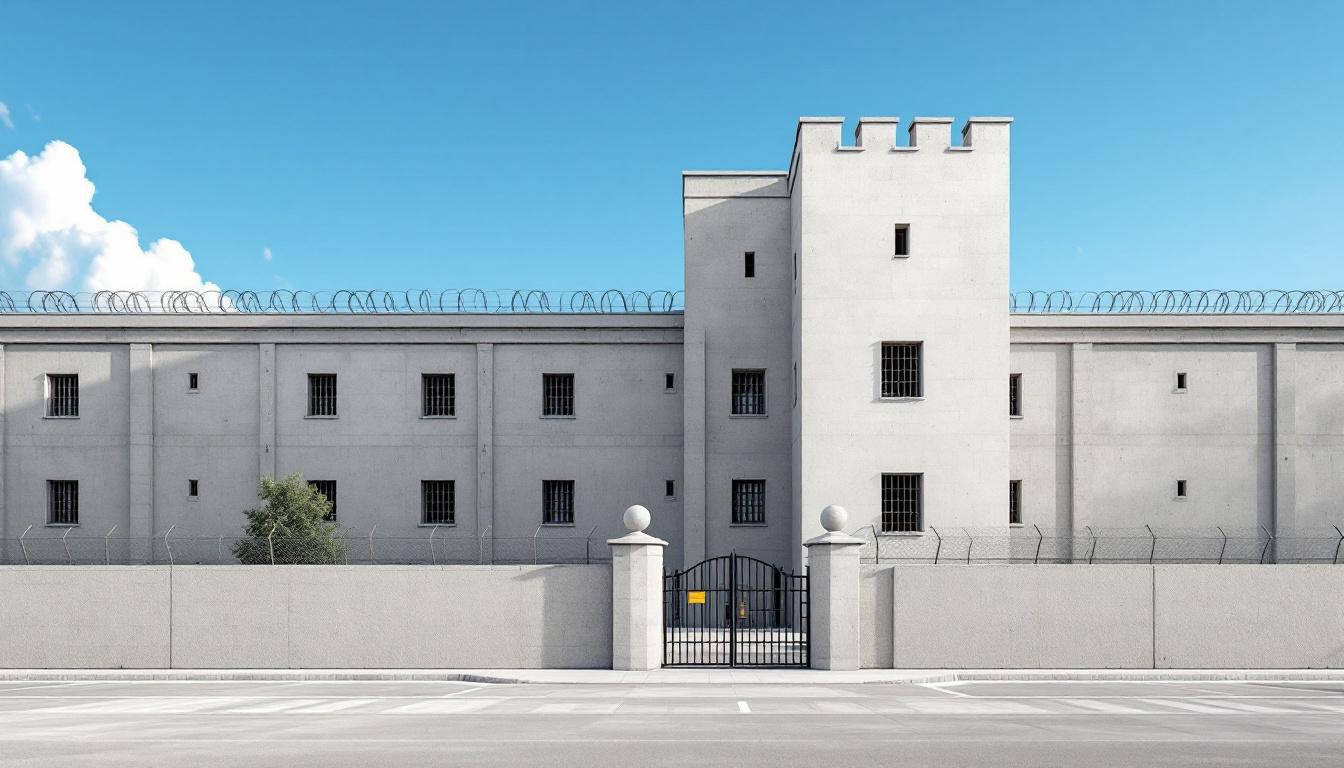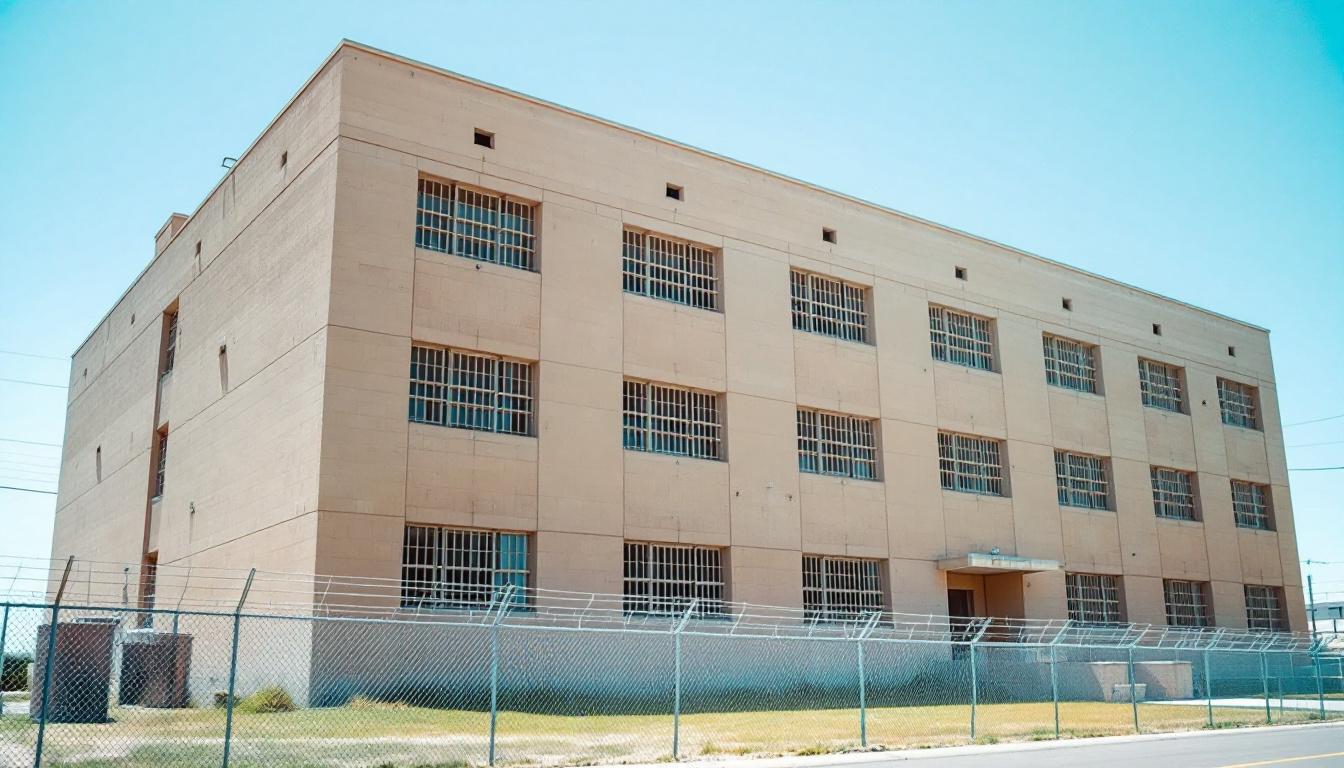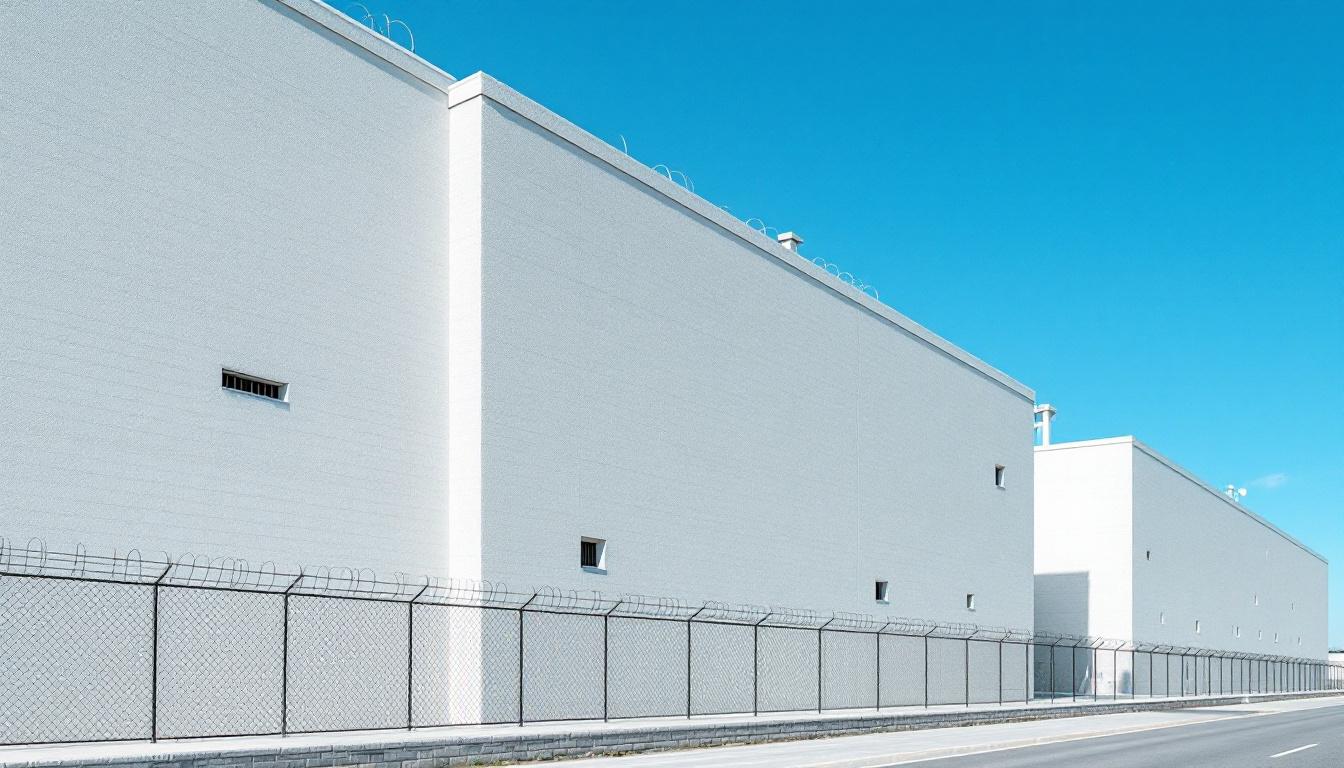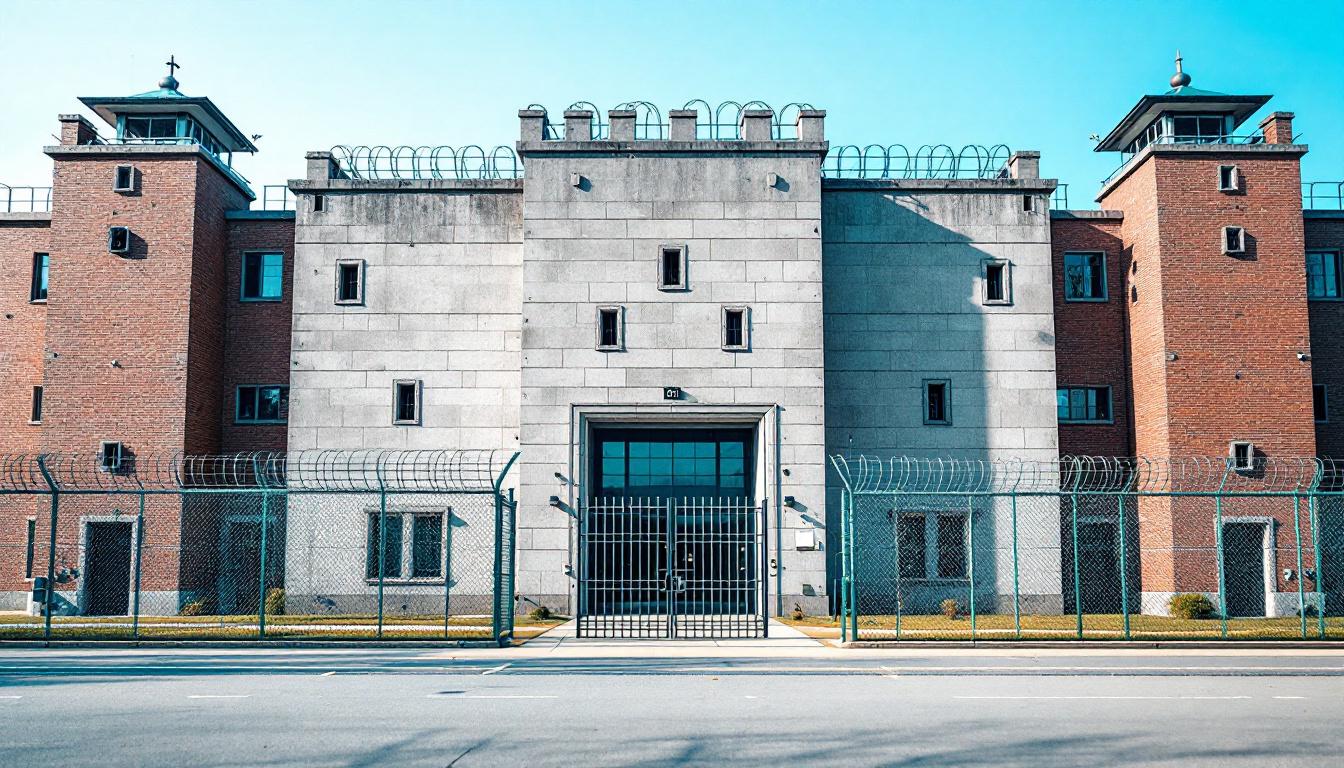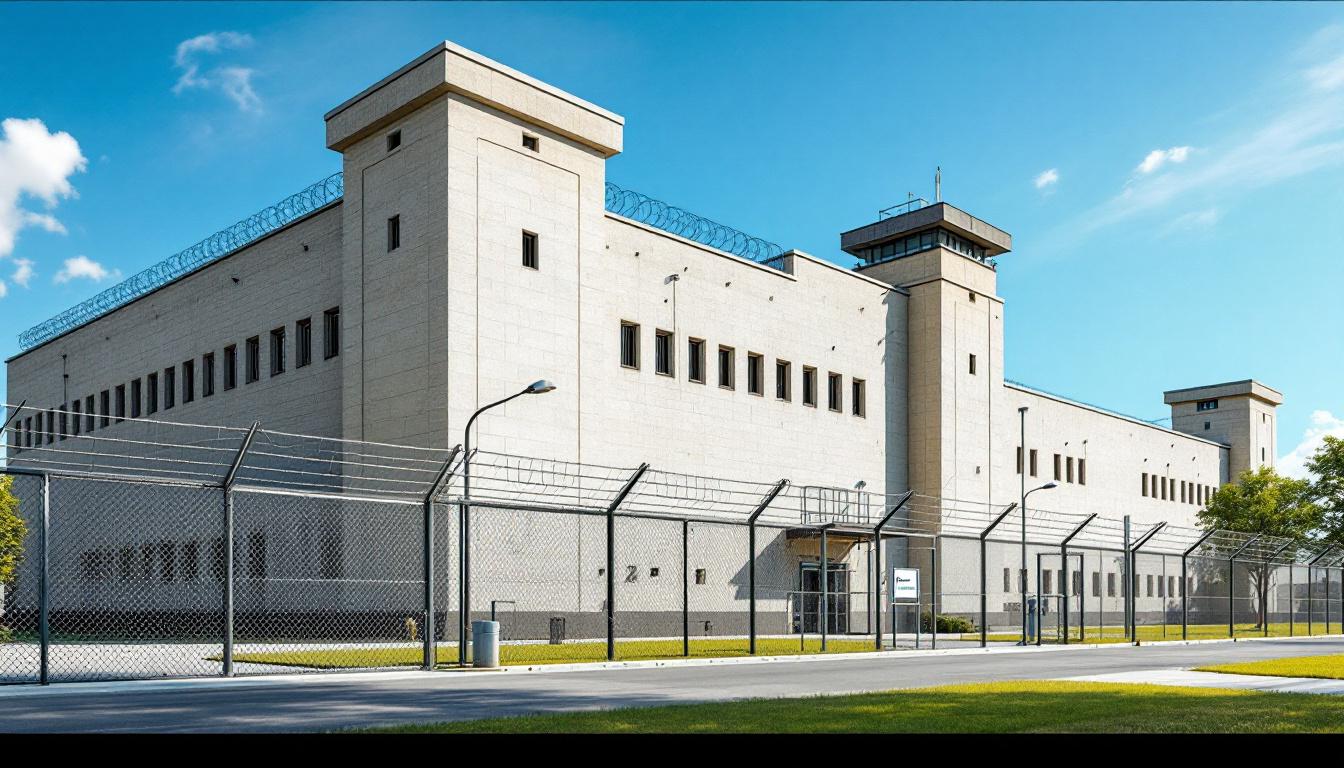
Quick Navigation
How to contact an inmate at Westmoreland County Prison
This comprehensive guide will walk you through how to connect with an inmate at Westmoreland County Prison. Follow the steps below to find an inmate and send letters and photos:
- Search for the inmate using our search tool below
- Create your account or log in to Penmate
- Write your message (up to 6,000 characters)
- Send instantly - inmates receive printed copies daily
Find an Inmate
Search for an inmate to start communicating today
Tip: You can search by first name, last name, or inmate ID number
To contact a person at Westmoreland County Prison start by searching for the person on the official facility website. Perform a search by following these steps:
- Step 1: Enter their first name and last name into the search form and click "Search"
- Step 2: Locate their inmate record
- Step 3: Write down their Inmate ID and any housing information provided
Important! Be sure to enter the person's full name. Nicknames should not be used.
How to Send Messages to Inmates

You can use your phone or computer to send emails, letters, and photos to an inmate. Messages are sent electronically to inmate tablets or kiosks at the facility. If you would like to send a message, start by searching for an inmate at Westmoreland County Prison.
Sending Photos and Postcards

A great way to send love and support to a loved one at Westmoreland County Prison is to send photos and postcards. It only takes a few minutes to send photos from your phone and it makes a huge difference. You can also mail postcards with words of support and inspiration, or design your own postcard for special moments like birthdays and holidays.
Important! Be sure not to send any explicit photos or they may not be approved by the facility. You can also use a photo printing app like Penmate to make sure your photos are printed at the correct size (4x6 or 3x5) and are mailed according to the rules and regulations of Westmoreland County Prison.
Frequently asked questions about Westmoreland County Prison
-
How long does it take to deliver a message?
If you're sending an email message your letter is usually delivered within 24-48 hours. For messages sent via mail you should expect delivery within 3-7 days. All messages will need be approved by Westmoreland County Prison.
-
How much does it cost to send a message to Westmoreland County Prison?
You can send a message free using your phone or mail a message via USPS for the price of a $0.60 stamp and envelope. You can also purchase credits or e-stamps from services starting at $1.99.
-
What services can I use to contact an inmate at Westmoreland County Prison?
Penmate
You can use Penmate to send letters and photos to an inmate from your phone. It's an easy way to stay in touch during your loved one's incarceration. Use the inmate locator to find an inmate's location and contact information, then you can send messages within a few minutes.
Securus messaging
Securus may be another option for communicating with an inmate at Westmoreland County Prison. You can create a friends and family account and purchase credits to send messages. All messages will be reviewed and must be approved by the facility.
JPay
Some county jails and state prisons may support sending messages with JPay. You must register an account with the system, find your loved one, and purchase stamps to send messages. For some locations you can also attach photos.
Smart Jail Mail
You may also check if Smart Jail Mail is available at Westmoreland County Prison. Smart Jail Mail is operated by Smart Communications and has contracted with some state and county jails. After purchasing credits, your messages and photos are sent to the facility, printed out, and then handed out to your loved one.
-
What is the mailing address of Westmoreland County Prison?
Mailing address:
Westmoreland County Prison
3000 S Grande Blvd
Greensburg, PA 15601
Phone: (724) 830-6000Business hours:
- Monday: Open 24 hours
- Tuesday: Open 24 hours
- Wednesday: Open 24 hours
- Thursday: Open 24 hours
- Friday: Open 24 hours
- Saturday: Open 24 hours
- Sunday: Open 24 hours
-
What are the visiting hours at Westmoreland County Prison?
Visiting hours at Westmoreland County Prison vary by housing unit and security level. Generally, visits are scheduled on weekends and holidays, with some facilities offering weekday visits. Contact the facility directly at (724) 830-6000 or check their website for the current visiting schedule. Visits typically last 30-60 minutes and must be scheduled in advance.
-
What items are prohibited when sending mail to Westmoreland County Prison?
Prohibited items typically include: cash, personal checks, stamps, stickers, glitter, glue, tape, staples, paperclips, polaroid photos, musical or blank greeting cards, hardcover books, magazines with staples, and any items containing metal or electronics. Only send letters on plain white paper with blue or black ink. Photos must be printed on regular photo paper (no Polaroids). Always check with Westmoreland County Prison for their specific mail policies.
-
How do I send money to an inmate at Westmoreland County Prison?
You can send money to an inmate at Westmoreland County Prison through several methods: 1) Online using JPay, Access Corrections, or the facility's approved vendor, 2) Money orders mailed directly to the facility with the inmate's name and ID number, 3) Kiosks located in the facility lobby, or 4) Over the phone using a credit or debit card. Fees vary by method, typically ranging from $2.95 to $11.95 per transaction.
-
Can I schedule a video visit with an inmate at Westmoreland County Prison?
Many facilities now offer video visitation as an alternative to in-person visits. At Westmoreland County Prison, video visits may be available through services like Penmate, Securus Video Connect, GTL, or ICSolutions. Video visits typically cost $10-20 for 20-30 minutes and must be scheduled in advance. You'll need a computer or smartphone with a camera and reliable internet connection. Contact the facility for their specific video visitation policies and approved vendors.
-
What identification do I need to visit an inmate at Westmoreland County Prison?
All visitors must present valid government-issued photo identification such as a driver's license, state ID, passport, or military ID. Minors must be accompanied by a parent or legal guardian who can provide the minor's birth certificate. Some facilities require visitors to be on the inmate's approved visitation list, which may require a background check. Contact Westmoreland County Prison for specific ID requirements and visitor approval procedures.
-
How can I find out an inmate's release date?
To find an inmate's release date at Westmoreland County Prison, you can: 1) Use the online inmate search tool if available, 2) Call the facility's records department, 3) Contact the inmate's case manager or counselor, or 4) Have the inmate provide this information during a call or visit. For privacy reasons, some facilities only release this information to immediate family members.
Facility Overview
Contact Information
Westmoreland County Prison3000 S Grande Blvd
Greensburg, PA 15601
Phone: (724) 830-6000
Official Website
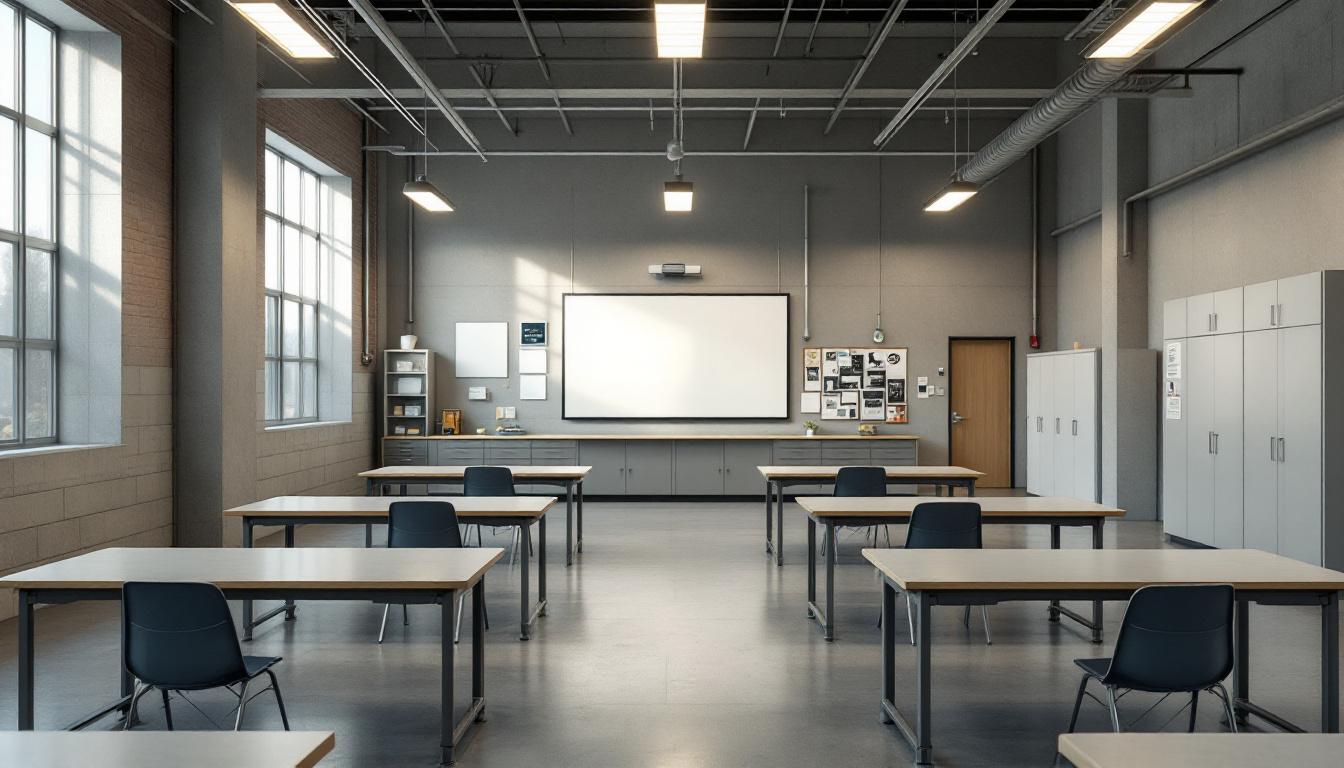
About Westmoreland County Prison
Supporting successful reintegration into society serves as the fundamental mission driving operations at Westmoreland County Prison, PA, where comprehensive programming meets the diverse needs of those incarcerated within this PA correctional facility. Located in Greensburg, this institution typically functions as part of Pennsylvania’s broader correctional network, emphasizing evidence-based approaches that may help reduce recidivism while maintaining community safety throughout the region.
The facility generally operates through structured daily routines that often include educational opportunities, vocational training programs, and substance abuse treatment services designed to address underlying factors contributing to criminal behavior. Those incarcerated services may encompass basic literacy education, GED preparation, and various life skills workshops that prepare individuals for successful community reentry. Mental health support and counseling services typically complement these offerings, recognizing that addressing psychological wellness often plays a crucial role in rehabilitation outcomes.
Community partnerships frequently enhance the institution’s programming capacity, with local organizations and faith-based groups potentially providing additional resources and support networks. The Greensburg location may facilitate connections with regional employers, educational institutions, and social service agencies that can continue supporting individuals after release. Through this collaborative approach, the facility typically works to create pathways that extend beyond incarceration, fostering sustainable change that benefits both participants and the broader Westmoreland County community they will rejoin.
Programs & Services
Within the structured environment of Westmoreland County Prison, those incarcerated encounter diverse pathways designed to cultivate personal transformation and prepare them for successful community reintegration. The facility’s comprehensive approach emphasizes skill development, educational advancement, and therapeutic healing as fundamental components of rehabilitation. Through carefully structured offerings that prioritize both safety and growth, participants may access resources that address various aspects of personal development while maintaining the security protocols essential to institutional operations.
Educational and vocational offerings form the cornerstone of developmental opportunities within the facility. Those incarcerated may participate in education programs that range from basic literacy instruction to more advanced academic coursework, enabling individuals to complete their educational goals in a supportive environment. The facility typically provides vocational education that focuses on practical skills training in various trades and industries, preparing participants for employment opportunities upon release. Also available are civic education initiatives that help individuals understand their roles and responsibilities as community members, while special education services ensure that those with learning differences receive appropriate support tailored to their specific needs.
The facility’s therapeutic and support offerings create additional avenues for meaningful change and healing. Therapeutic communities may furnish structured environments where those incarcerated can address underlying issues contributing to their circumstances while developing healthy coping strategies and interpersonal skills. Veteran services often include specialized programming that recognizes the unique experiences and needs of those who have served in the military, providing targeted support for this population. Also integral to the facility’s approach are volunteer programs that connect those incarcerated with community members, fostering positive relationships and expanding support networks that may prove invaluable during the transition back to society.
Daily Life & Visitation
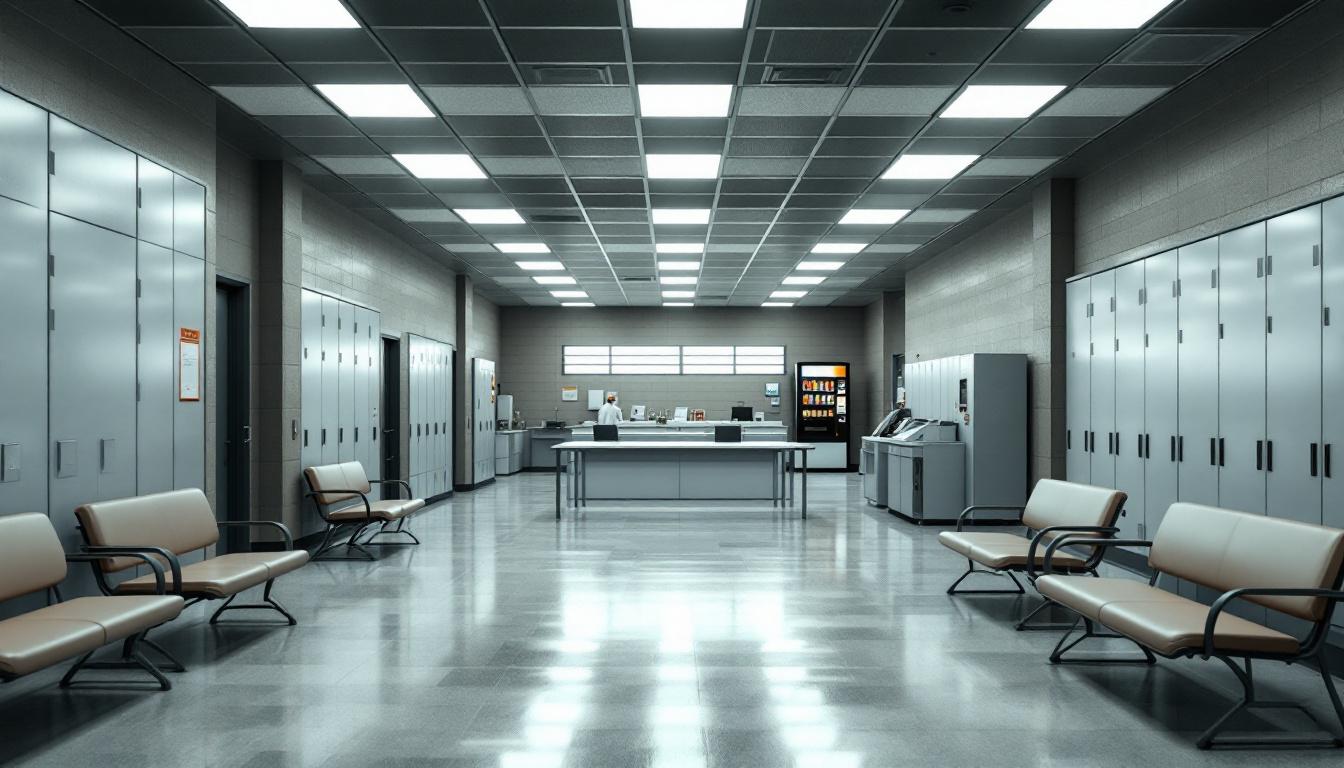
Strong family bonds and meaningful connections with loved ones serve as vital anchors for those incarcerated at Westmoreland County Prison, helping them navigate the structured environment while maintaining essential ties to their communities outside the facility walls. Today’s routine consistently begins with early morning counts and meal service, followed by work assignments, programming opportunities, and designated periods for personal activities that furnish stability and purpose throughout each day.
Living accommodations typically feature dormitory-style housing units or individual cells, depending on classification levels and available space within the facility. Those incarcerated generally share common areas for dining, where meals are served at scheduled intervals in a cafeteria setting that allows for social interaction among residents. Also, recreational opportunities may include access to television viewing areas, library services, and outdoor exercise periods when weather and security considerations permit, providing essential outlets for physical activity and mental stimulation.
Structured programming schedules often encompass educational classes, vocational training opportunities, and counseling sessions designed to support rehabilitation goals and personal development. However, maintaining family connections remains equally important, with visitation policies typically allowing scheduled visits from approved family members and friends during designated hours throughout the week. Communication options generally include monitored telephone access and correspondence privileges, enabling those incarcerated to preserve meaningful relationships with their support networks while serving their sentences and working toward successful reintegration into their communities.
Ready to Connect?
Start communicating with your loved one today
Search for an Inmate
